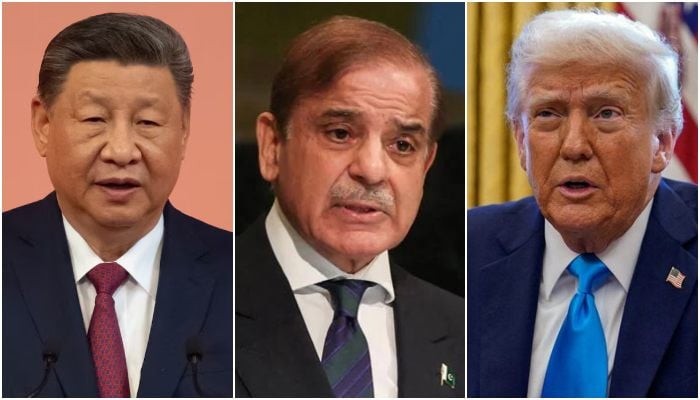Foreign policy defines a government’s strategy for engaging with other nations to safeguard national interests, ensure security, promote economic growth, and shape its role in global affairs. In the modern era, it also includes countering cyber threats and addressing challenges posed by artificial intelligence.
According to the Ministry of Foreign Affairs (MoFA), “Pakistan’s Foreign Policy seeks to protect, promote, and advance Pakistan’s national interests in the external domain… safeguarding security and advancing development for progress and prosperity in line with the guiding principles of our founding fathers.”
Article 40 of Pakistan’s Constitution further directs the state to strengthen ties with Muslim countries, support the interests of Asia, Africa, and Latin America, promote peace, foster goodwill, and resolve disputes through peaceful means.
In the mid-1950s, Pakistan joined the US-led Western bloc, aligning with SEATO (1954) and CENTO (1955) to counter regional threats, primarily from India. During the Cold War, it supported US interests, including aiding the Afghan Mujahideen after the Soviet invasion of Afghanistan in 1979. However, the US disengaged after the Soviet withdrawal, leaving Afghanistan unstable, with spillover effects on Pakistan.
Relations further cooled in the 1990s, as the US deepened ties with India and pressured Pakistan to halt its nuclear program. Despite this, Pakistan tested nuclear weapons on May 28, 1998, achieving strategic parity with India.
The post-9/11 “War on Terror” renewed Pakistan’s strategic importance as a non-NATO ally. Yet tensions resurfaced, particularly after the US accused Pakistan of harbouring Taliban factions. Key flashpoints included the 2011 US raid killing Osama bin Laden in Abbottabad and the Nato strike on a Pakistani post in Salala, which killed 28 soldiers. Pakistan responded by closing Nato supply routes until a US apology in 2012.
Alongside Western ties, Pakistan has cultivated relations with China since the 1960s, resolving border disputes in 1963 and deepening military and economic cooperation. Under Prime Minister Zulfikar Ali Bhutto, Pakistan pursued a policy of non-alignment, withdrew from SEATO and CENTO, strengthened its ties with the Muslim world, and hosted the 1974 OIC summit in Lahore.
The 2014 launch of the China-Pakistan Economic Corridor (CPEC) marked a major strategic and economic shift towards Beijing. Relations with Russia have also improved, alongside strong partnerships with Saudi Arabia, Turkey, Iran, Qatar, UAE, and Central Asian states.
Under US President Trump, relations fluctuated — initial criticism over Pakistan’s counterterrorism role gave way to cooperation in facilitating Afghan peace talks. Trump’s administration also helped defuse post-Pahalgam tensions between Pakistan and India, though he remained unpredictable in policy shifts.
Going forward, Pakistan’s foreign policy must prioritise economic diplomacy — expanding trade with the US, EU, China, Russia, UK, the Gulf, and Central Asia — while working to ensure peace in South Asia, without which sustainable development will remain out of reach.
